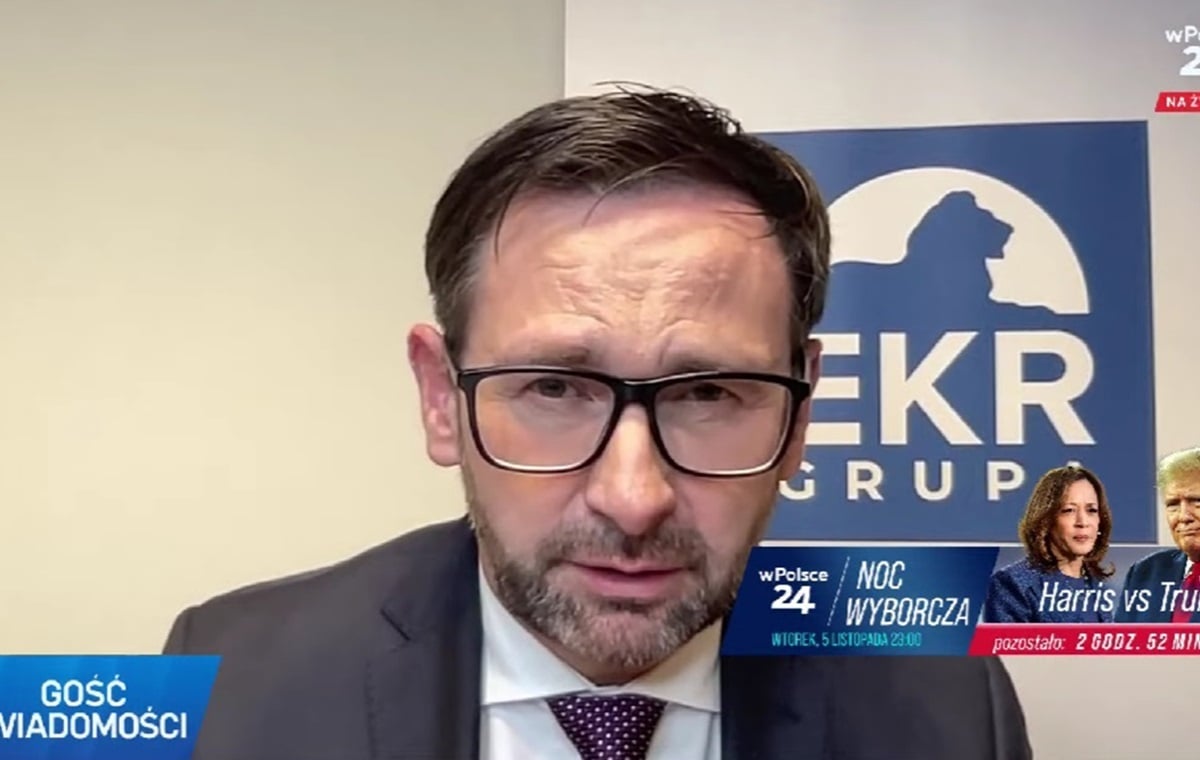BRASILIA (AP) – A judge, Muska, was hiding with her family from the newly reinforced Taliban in Afghanistan when an apparent misreading more than 7,000 miles away helped dramatically change her life.
The president of Brazil, Jair Bolsonaro, opened the doors of his country to possible refugees from the Asian nation during his speech at the United Nations General Assembly on September 21.
“We will grant humanitarian visas to Afghan Christians, women, children and judges,” Bolsonaro said while reading the “teleprompter”, an electronic prompter that allows reading a prepared text. Apparently there was a confusion with the last word, which was “jovens ”(Youth in Portuguese) in his printed speech, not“ juizes ”(judges).
With or without error, his government followed through on his offer.
Muska and her family were taken by bus to the northern city of Mazar-i-Sharif, from where they flew to Greece with six other judges.
At the end of October they were in Brazil, a country with very little in common with Afghanistan beyond their love of soccer.
In her first interview with international media, Muska told The Associated Press this week that she and the other magistrates continue to fear retaliation from the Taliban, some of whose members were convicted of various crimes in their courts.
He asked that his real name and precise location not be published at a Brazilian military installation. Her colleagues refused to speak to the press.
Muska served as a judge for nearly 10 years before the Taliban took power in August and said her home in the capital Kabul had recently been searched.
In Afghanistan there were about 300 female magistrates, he noted, and many are in hiding and their bank accounts were frozen.
“We knew that they (the Taliban) would not let the judges work. We would have serious threats to our lives, “he said.” They released all the criminals from jail. Those were the criminals we sentenced. “
Those who are still there “are very scared, hidden. They have serious financial problems, they do not have a salary, they lost their job and their bank accounts are blocked. They are still in danger, “added the magistrate. “The situation is not good in Kabul.”
The Taliban gained broad support in the country in part because the overthrown government, which had the backing of the United States, was widely viewed as corrupt.
“But women judges were the bravest, strongest and most honest officials of the previous government,” Muska said, adding that Washington’s decision to end its military presence in the country meant that it had to leave quickly.
“Everything happened suddenly,” he said.
Judge Renata Gil, president of the Brazilian Magistrates Association that sponsors the refugees, said that the Afghans arrived “with great fear, still feeling threatened.”
“They are being persecuted because they convicted Taliban fighters,” she said, noting that she herself received death threats “because I convicted drug traffickers. For women this is much more difficult.”
“I hope you can live your life independently. But as long as they need it, we will be here to help, “he added at the collective’s headquarters in the capital, Brasilia.
The judges and their 19 family members – who are apparently the only Afghan refugees to have arrived in Brazil since the Taliban returned to power – now have Brazilian bank accounts and medical care. And those who can are taking Portuguese classes.
At the moment it is not clear what the future will hold in Brazil, where at least they are protected. But Muska said he would like to come home one day.
“I look forward to meeting my relatives in Kabul. I have the dream of being in my house. I miss everything, “he added.
Muska has not seen much of his host country due to security concerns, language difficulties and his own fears. But he has found people who empathize with his situation.
“They cry with us, we know that they can perceive our feelings,” said the magistrate with tears in her eyes.
Her children, one of them small, also have a hard time adjusting. Muska used to have the help of her parents or babysitters, but in Brazil she is practically alone as she worries about her future and theirs.
The children seemed happy and energetic as they ran and jumped in a public playground, speaking Dari among themselves. But the judge pointed out that her eldest daughter raises questions that she cannot resolve.
“He always asks me about my parents, his friends, his cousins,” he said. “He always asks us about the Taliban, if they are going to kill us.”
Despite the difficulties, Muska said he believes the future will be better for his children than for those still in Afghanistan.
“I have hope for them. That they have studies in a good situation, in a good educational system, “he added.” They will be able to choose what to do. “
–






